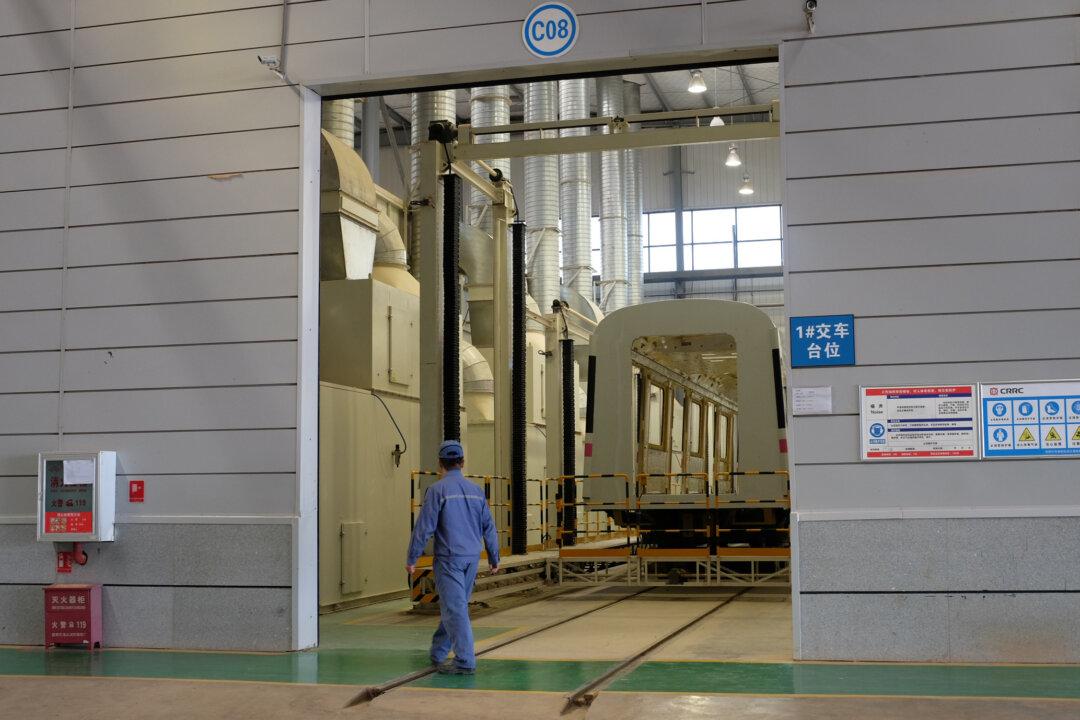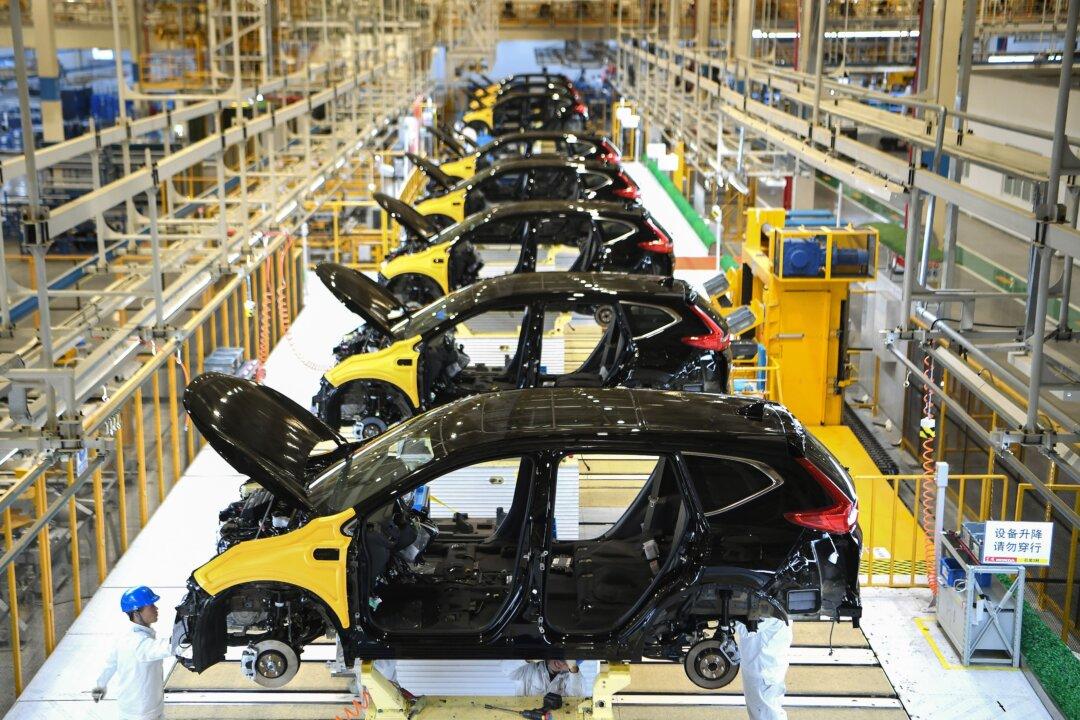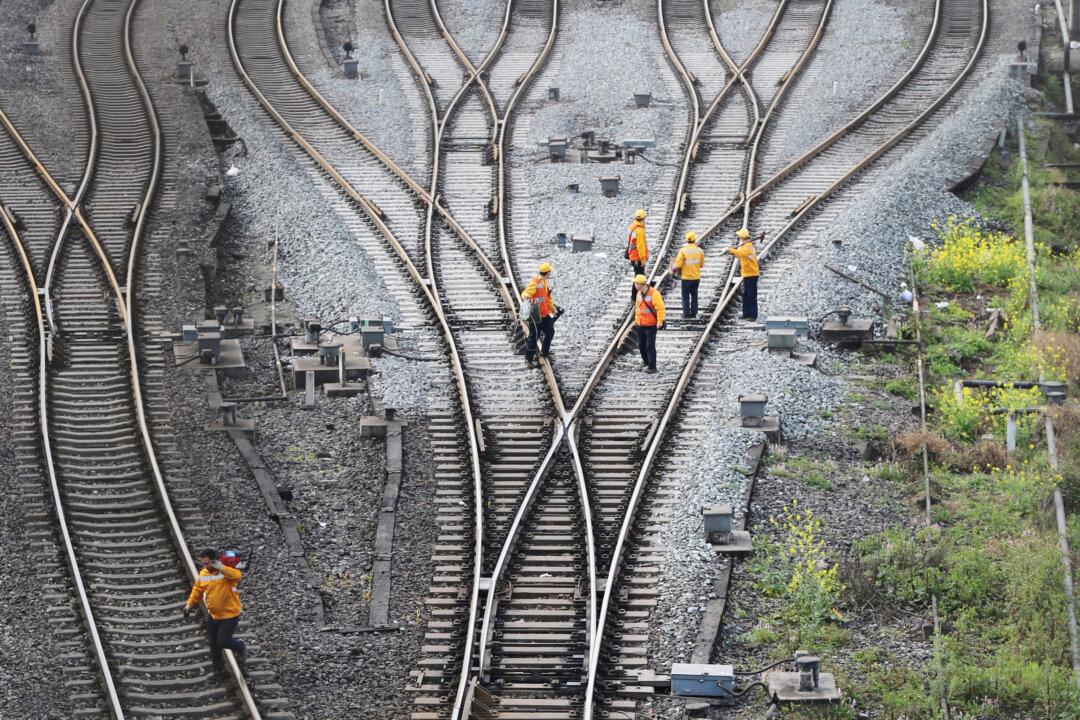China’s CRRC railcar manufacturer finished its best year in 2018, but Congress may ban $10 billion of U.S. sales over state-sponsored subsidy and national security issues.
On July 12, the U.S. House of Representatives voted to pass H.R. 2500, the 2020 National Defense Authorization Act, with a provision blocking federal transit dollars for procurement of electric railcars from Chinese State Owned Enterprises (SOEs), and other state-supported companies. The provision has bipartisan support led by Rep. Harley Rouda (D-CA) and Senator John Cornyn (R-TX) as part of the Transit Infrastructure Vehicle Security Act.





